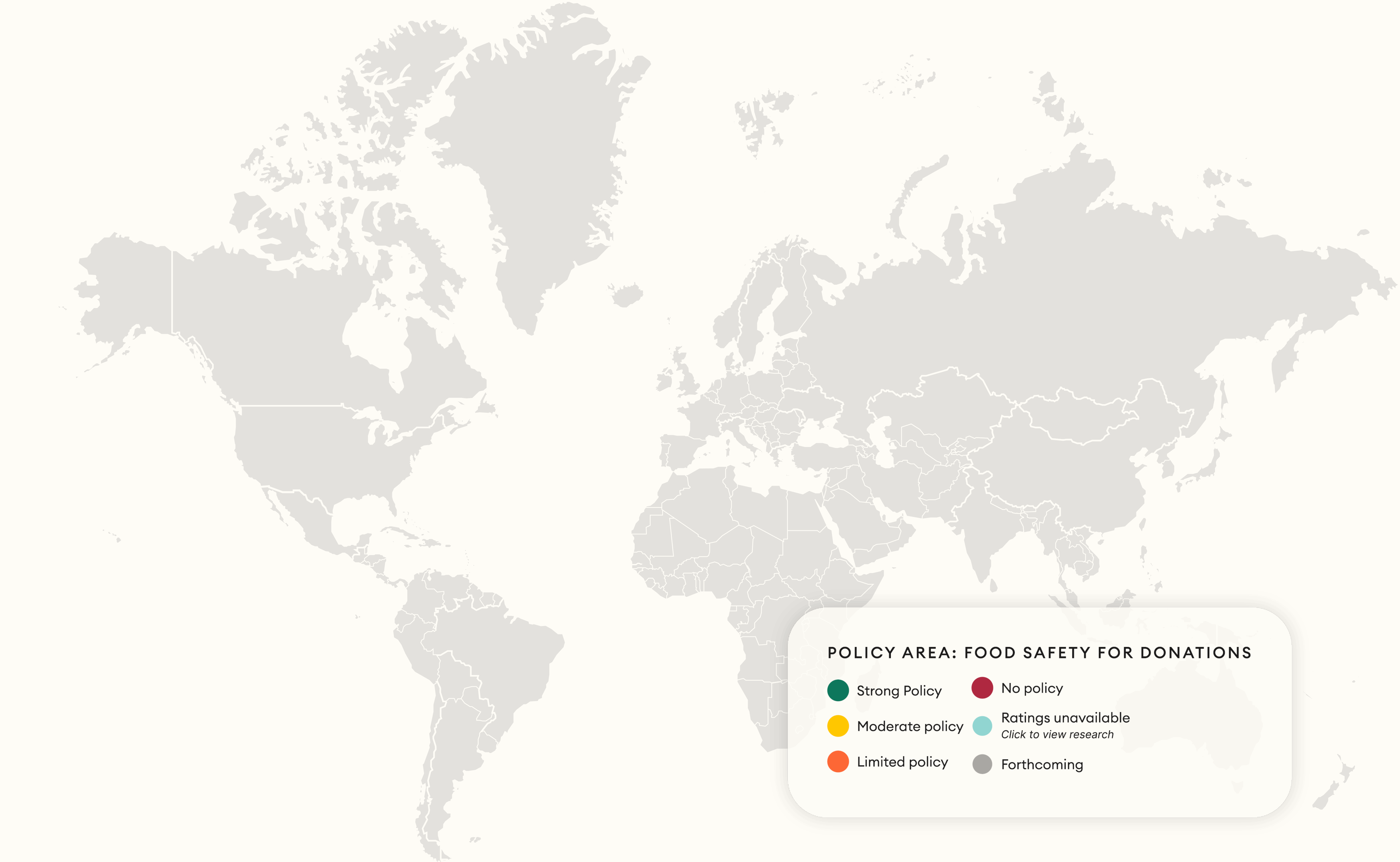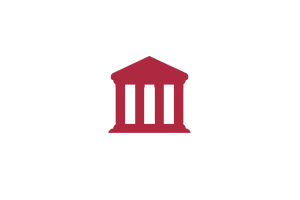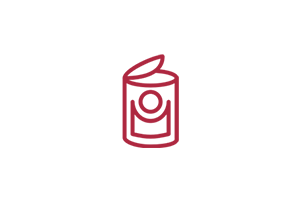Colombia: Policy Highlights and Opportunities
Each year Colombia loses and wastes more than 9.54 million tons of food. At the same time, more than 22% of the population was facing moderate to severe food insecurity prior to the COVID-19 pandemic. The Colombian government has responded to these challenges in recent years by adopting legislative frameworks intended to promote greater food security and food recovery.
Atlas Research: Colombia

Policy Highlights
Colombia research was published in February 2021 and was made possible with the advice and support of our on-site partners, including the Asociación de Bancos de Alimentos de Colombia.
Policy Opportunities and Recommendations





